
Welcome to the fascinating realm of **Tobias Smollett**, a distinguished Scottish novelist whose contributions to literature continue to resonate through the ages. Smollett is renowned for his picaresque novels, which vividly portray the adventures and misadventures of their protagonists, often infused with a keen sense of humor and sharp social commentary. His works are characterized by their rich characterizations and intricate plots, reflecting the complexities of human nature and society. Beyond his literary achievements, Smollett’s life story is equally compelling, filled with personal struggles and triumphs that shaped his writing. So, settle in with a warm cup of tea, and join us as we explore the remarkable life and enduring legacy of this literary giant, whose influence can still be felt in contemporary literature today!
Early Life and Education

Birth and Family Background
Tobias Smollett was born on March 19, 1721, in the picturesque village of Cardross, located in Dumbartonshire, Scotland. He came from a distinguished family with a rich heritage of lawyers and soldiers, which played a significant role in shaping his strong character and perspectives on life. Growing up in a household that embraced the Whig political ideology, he was exposed to progressive ideas and values that were prevalent during that era. Additionally, being raised in a Presbyterian environment instilled in him a sense of moral responsibility and a deep appreciation for education and intellectual discourse. This unique combination of influences undoubtedly contributed to his development as a writer and thinker.
Education Journey
Smollett’s educational journey began at the esteemed Dumbarton Grammar School, where he laid the foundation for his academic pursuits. He later advanced to the University of Glasgow, a prominent institution known for its rigorous curriculum. During his time at the university, he immersed himself in a diverse array of subjects, including Greek, mathematics, and philosophy. Although he ultimately left the university in 1739 without obtaining a formal degree, the knowledge and skills he acquired during his studies were instrumental in shaping his future literary career. His exposure to classical literature and philosophical thought would later influence his writing style and thematic choices, marking the beginning of his journey as a significant figure in the world of literature.
Career Beginnings
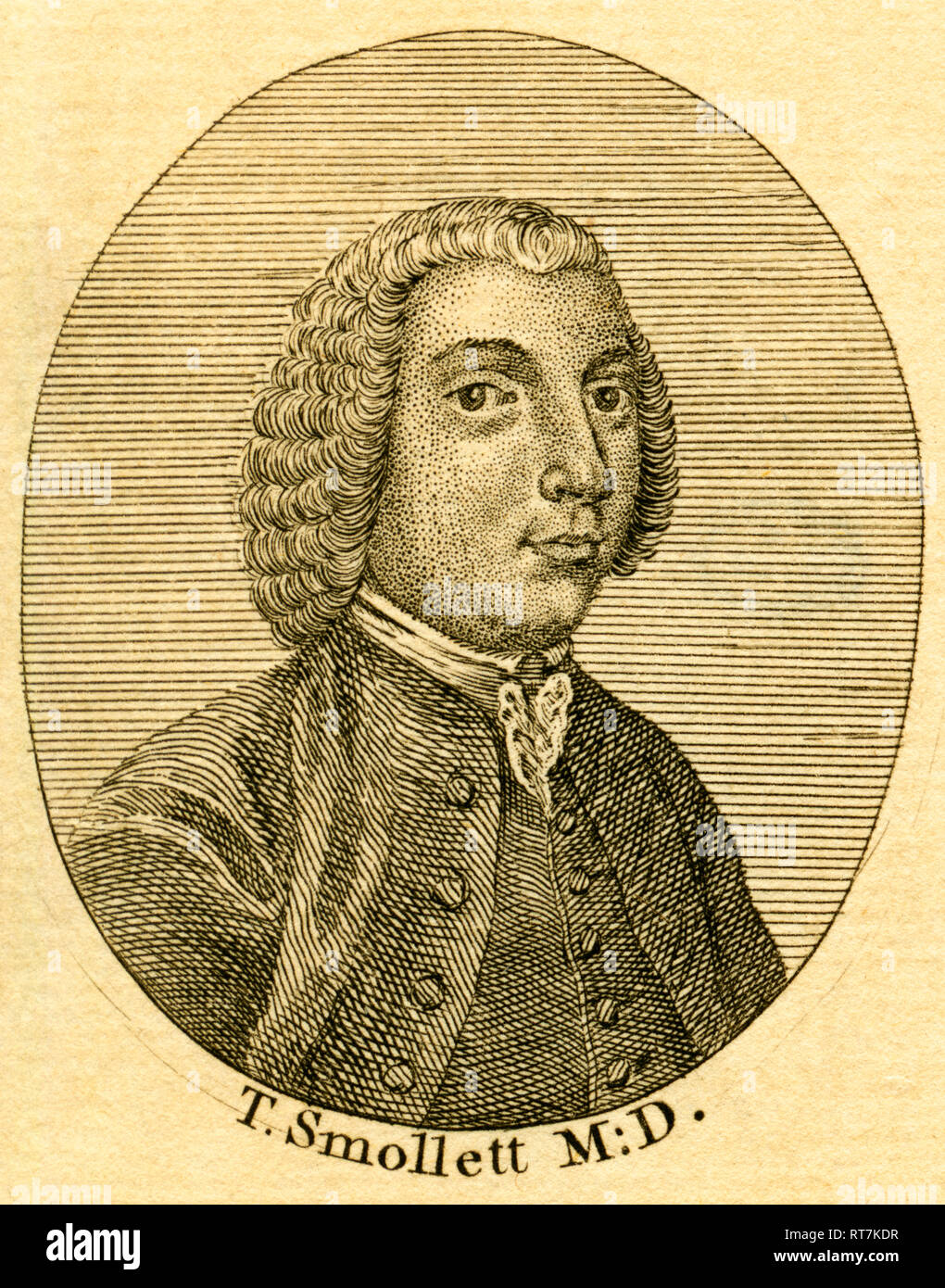
From Medicine to Literature
After completing his studies at university, Tobias Smollett initially set his sights on a career in the medical field. He became an apprentice to surgeons in Glasgow, immersing himself in the intricacies of medicine and surgery. However, as time went on, it became increasingly clear that his true passion lay in the realm of literature. This realization prompted him to relocate to London, where he sought to bring his creative visions to life. One of his early endeavors was the production of his play, The Regicide. Unfortunately, he encountered a myriad of obstacles along the way, which tested his resolve and determination to succeed as a playwright.
Naval Adventures
In the year 1741, Smollett made a significant career shift by joining the Royal Navy as a surgeon’s second mate aboard the HMS Chichester. This decision would prove to be pivotal in shaping his literary career. During his time at sea, he participated in the naval bombardment of Cartagena, an experience that would leave a lasting impression on him. The vivid memories and dramatic events he witnessed during this naval engagement would later serve as rich inspiration for his writing, particularly influencing the narrative of his first novel, The Adventures of Roderick Random. This work not only showcased his storytelling abilities but also reflected the adventures and challenges he faced during his time in the navy.
Major Literary Works

The Adventures of Roderick Random
First published in 1748, “The Adventures of Roderick Random” stands as a remarkable testament to the intricacies of British naval life during the 18th century. The novel follows the journey of its protagonist, Roderick Random, whose life is filled with a series of captivating escapades that range from humorous to tragic. Through Roderick’s eyes, readers are treated to a rich tapestry of experiences that not only entertain but also provide insightful social commentary on the era. Smollett’s exceptional storytelling ability shines through, making this work a timeless classic that continues to resonate with audiences today.
The Adventures of Peregrine Pickle
Building on the acclaim garnered from “Roderick Random,” Smollett unveiled The Adventures of Peregrine Pickle in 1751. This novel introduces readers to the delightfully eccentric character of Hawser Trunnion, a retired naval officer whose humorous escapades and peculiar personality offer a comedic perspective on life and society. Trunnion’s antics not only entertain but also serve as a vehicle for Smollett to explore themes of human folly and the absurdities of social conventions, further enriching the narrative landscape of the time.
Character Development
One of the hallmarks of Smollett’s writing is his ability to craft characters that are often larger than life, embodying the multifaceted nature of human existence. Each character is intricately developed, showcasing a range of emotions, motivations, and flaws that make them relatable and memorable. This skill in character creation is a significant reason why Smollett’s works continue to hold relevance and appeal to readers across generations, inviting them to reflect on the complexities of human nature and society.
Challenges and Triumphs
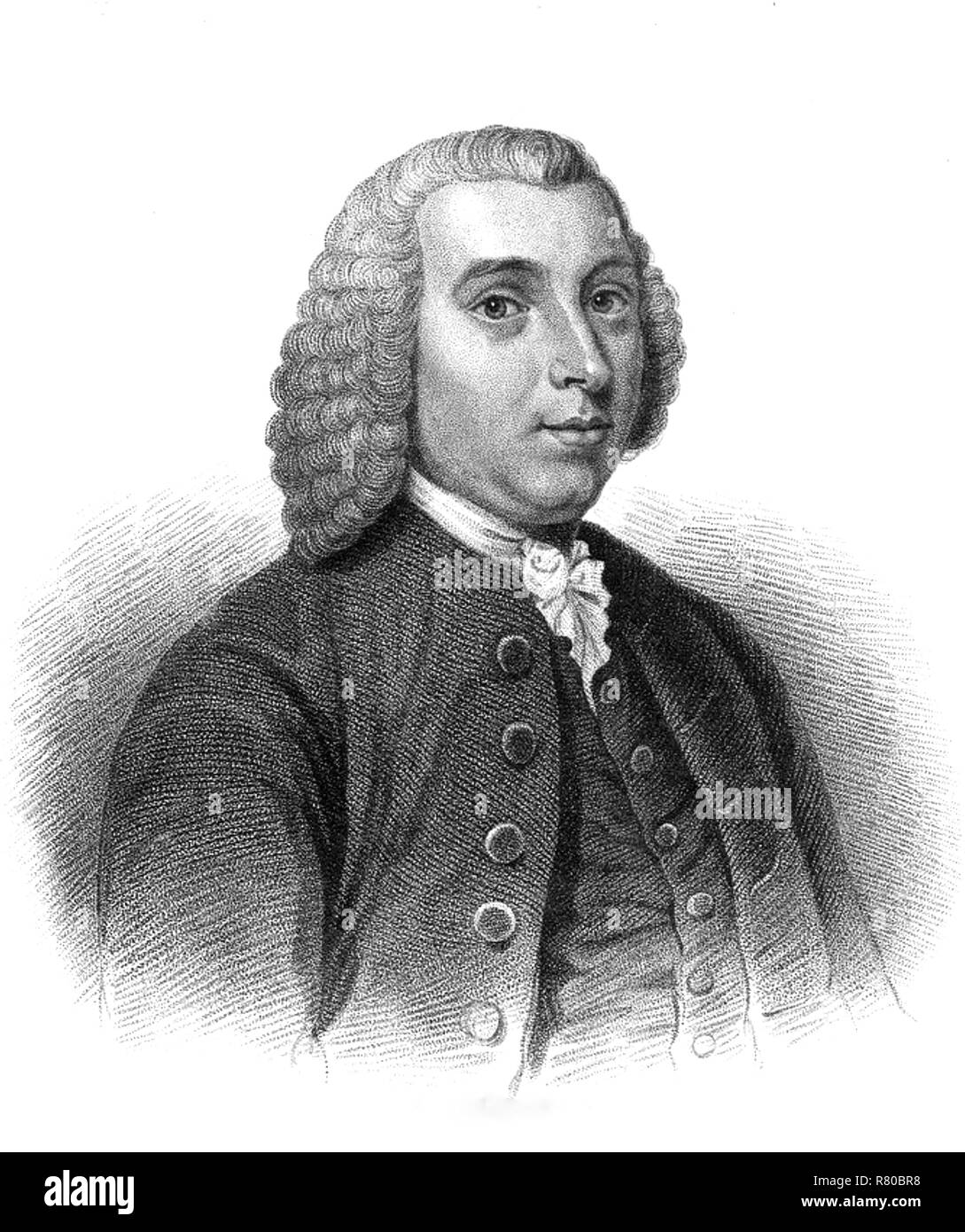
Financial Struggles
Despite his literary success, Smollett faced significant financial difficulties. His generosity often led him to lend money to less fortunate writers, which resulted in legal troubles and debts. Yet, he continued to produce works that resonated with readers.
Critical Acclaim and Controversy
Smollett’s essay, An Essay on the External Use of Water, published in 1752, criticized the medicinal properties of Bath’s waters. This bold stance earned him both enemies and acclaim, showcasing his fearless approach to writing.
Later Works and Legacy
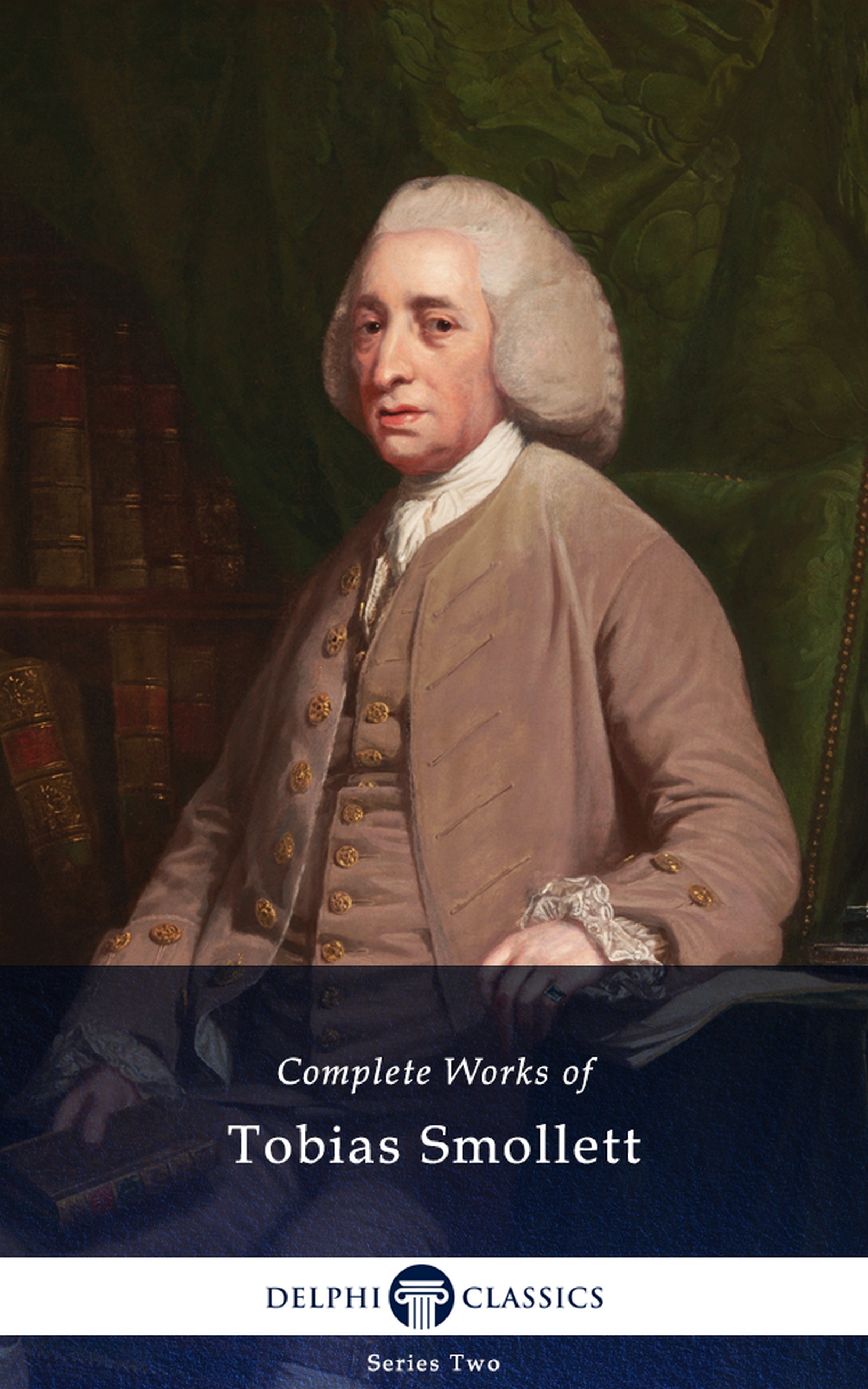
The Expedition of Humphry Clinker
Published in 1771, this epistolary novel is often regarded as Smollett’s finest work. It chronicles the adventures of a family traveling through Britain, blending humor with sharp social observations.
Influence on Literature
While Smollett may not have reached the heights of contemporaries like Samuel Richardson or Henry Fielding, his contributions to the picaresque novel and satirical writing are invaluable. His works paved the way for future authors, including Charles Dickens.
Personal Life and Final Years
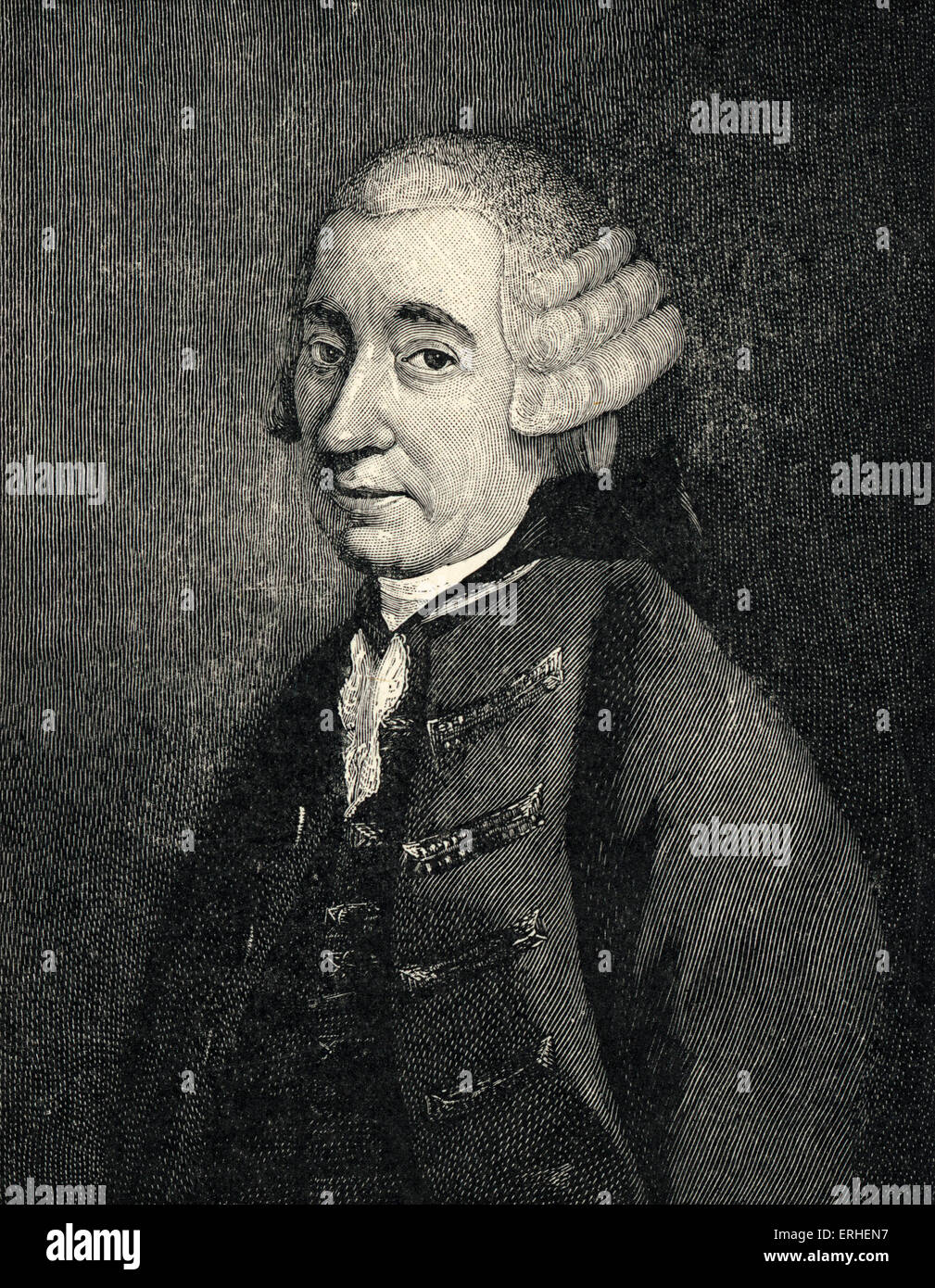
Health Struggles
Throughout his life, Smollett battled health issues, including tuberculosis. These struggles influenced his writing and perspective on life, adding depth to his characters and narratives.
Final Days in Italy
In his later years, Smollett moved to Pisa, Italy, where he continued to write despite declining health. He passed away on September 17, 1771, leaving behind a rich literary legacy.

Tobias Smollett’s life was a tapestry of adventure, struggle, and literary brilliance. His ability to weave humor and social critique into his narratives has secured his place in literary history. Whether you’re a fan of classic literature or just curious about the past, exploring Smollett’s works is a journey worth taking.
Table of Smollett’s Major Works
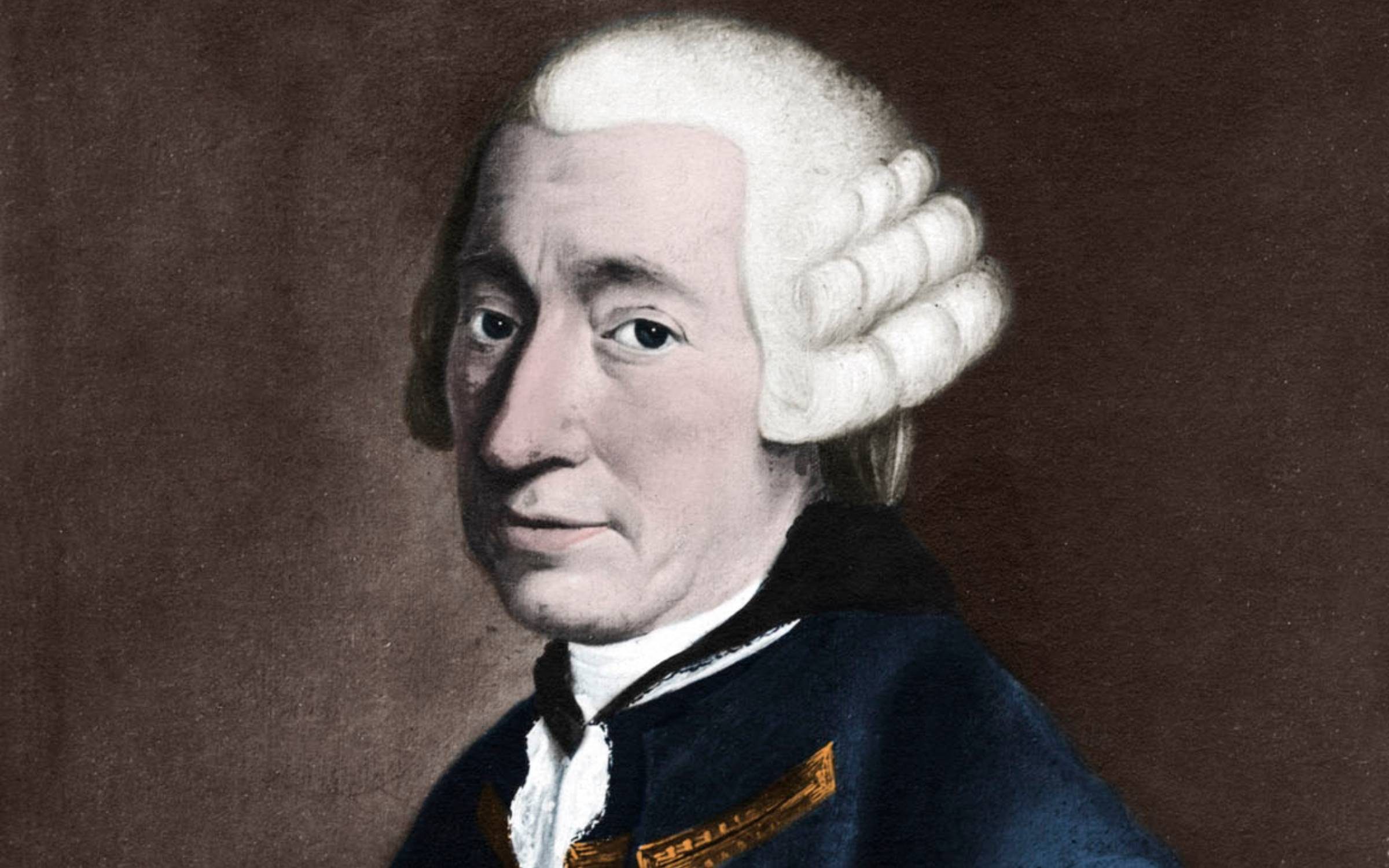
| Title | Year Published | Genre | Notable Features |
|---|---|---|---|
| The Adventures of Roderick Random | 1748 | Picaresque Novel | Vivid portrayal of naval life |
| The Adventures of Peregrine Pickle | 1751 | Picaresque Novel | Introduction of comedic characters |
| The Expedition of Humphry Clinker | 1771 | Epistolary Novel | Blend of humor and social commentary |
| An Essay on the External Use of Water | 1752 | Essay | Critique of Bath’s medicinal waters |

